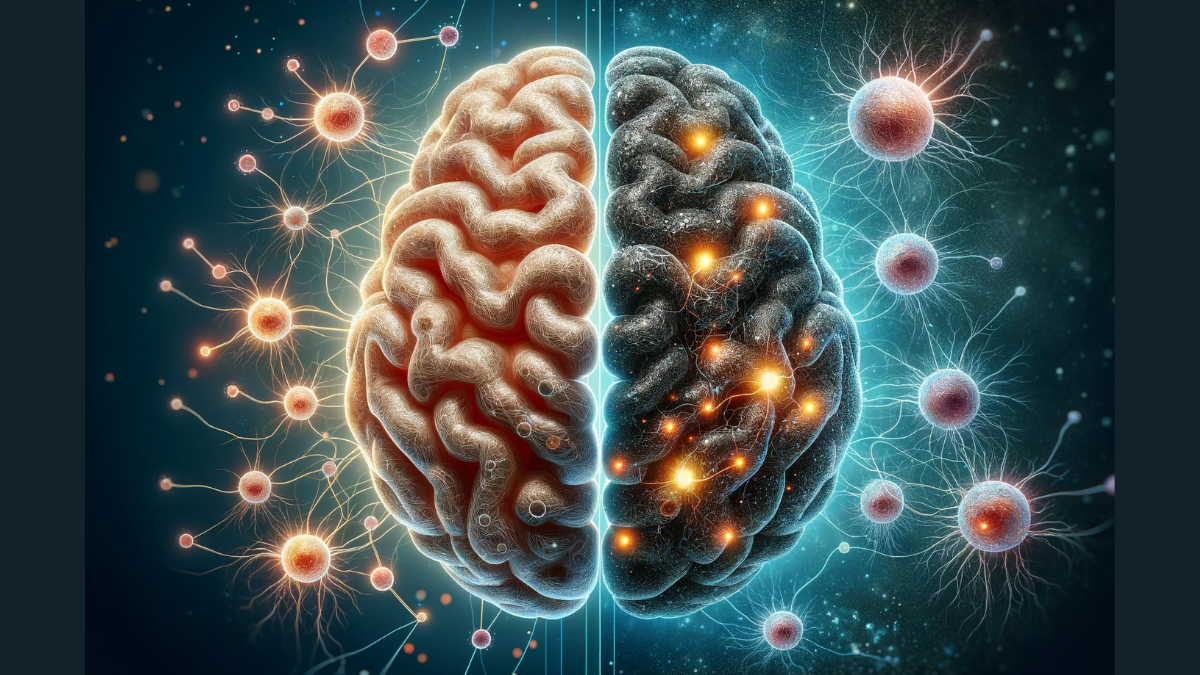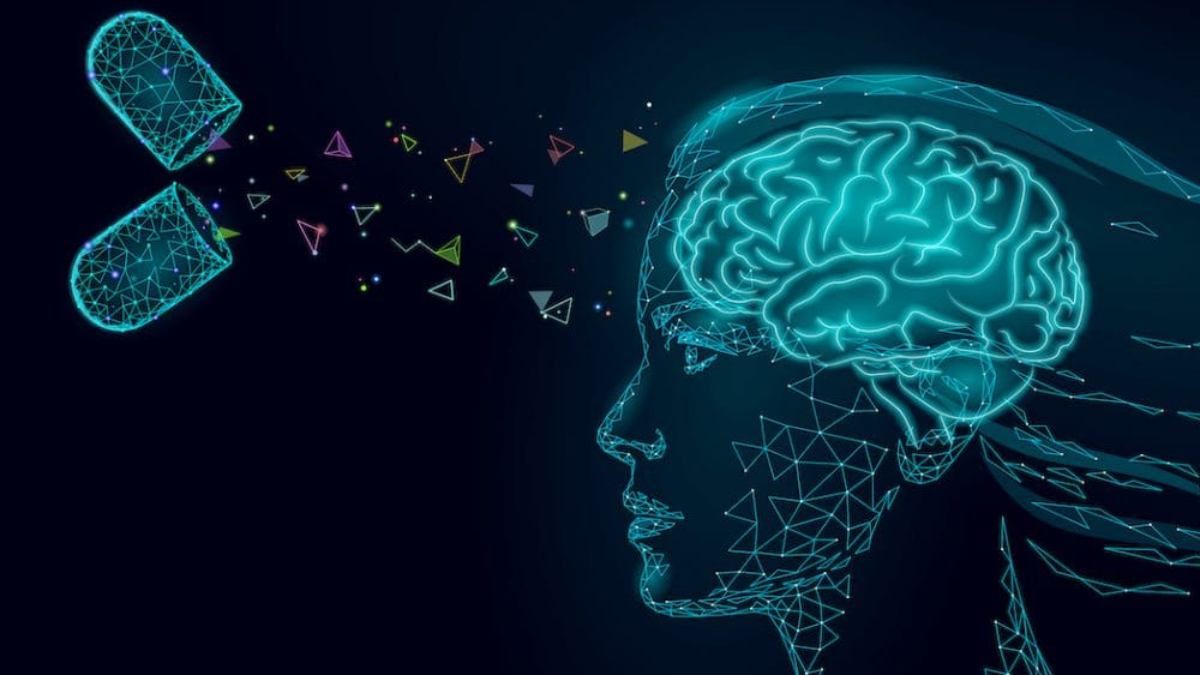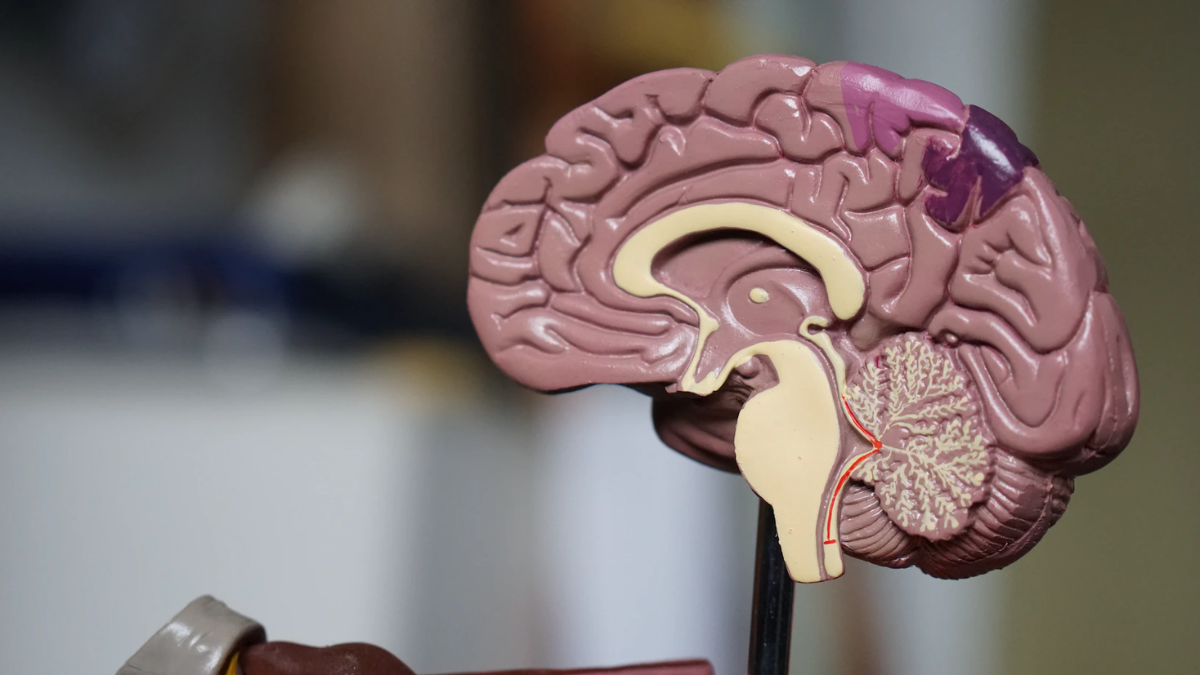
Neurodegenerative diseases such as Alzheimer’s and Parkinson’s are among the most pressing health issues globally, affecting millions of people and placing a significant burden on healthcare systems. In a breakthrough that could change the future of treatment for these conditions, a team of Indian scientists from the Institute of Advanced Study in Science and Technology (IASST), an autonomous institute under the Department of Science and Technology (DST), has identified promising drug candidates that could help slow or even reverse damage caused by these diseases.
Table of Content:-
The Science Behind the Breakthrough
The study, recently published in the Journal Drug Discovery Today, focuses on a class of compounds known as peptidomimetics. These are synthetic molecules designed to mimic the structure and function of natural proteins in the body, particularly neurotrophins — proteins essential for the survival, development, and function of neurons.

Neurotrophins have long been considered promising therapeutic agents for neurodegenerative diseases. However, their practical use in medicine has been limited due to their instability, short half-life, and poor oral bioavailability. They degrade quickly and are difficult to deliver effectively to the brain. That’s where peptidomimetics come in — offering a solution that could bypass these limitations.
Also Read: FDA Approves First-Ever Blood Test for Early Alzheimer’s Detection, Replacing Invasive Brain Scans
What Makes Peptidomimetics Special?
According to the research team led by Prof. Ashis K. Mukherjee, peptidomimetics offer several critical advantages over naturally occurring neurotrophins. First, they are more stable in the body, allowing for prolonged therapeutic action. Second, their bioavailability is significantly improved, meaning they can be absorbed and utilised by the body more effectively, especially in the brain, where drug delivery is often a challenge due to the blood-brain barrier.

One of the most significant benefits is that peptidomimetics can be custom-designed to bind selectively to specific receptors in the brain. This targeted action reduces the risk of side effects, making them a safer option for long-term use. Their structural flexibility also allows researchers to repurpose existing drugs or design entirely new drug prototypes based on the same principle.
Also Read: FDA Moves To Ban Popular Kids’ Supplements Amid Alarming Brain Damage Risk
Targeting the Root Cause
The IASST research did not stop at drug design. The team also delved into the signalling pathways responsible for neuron growth and survival. By understanding how peptidomimetics interact with these pathways, the scientists have opened up new avenues for developing drugs that not only treat symptoms but target the underlying causes of neurodegeneration.

The study suggests that these drugs could potentially support the regeneration of nerve cells, something traditional treatments for Alzheimer’s and Parkinson’s often fail to achieve. This shift from symptom management to root-cause intervention marks a significant milestone in neurodegenerative disease research.
Future Possibilities and Wider Applications
While the current focus is on treating neurological conditions, the research also hints at broader applications. Some of the peptidomimetic compounds under review have shown potential in treating cancer, showcasing their versatility as therapeutic agents. This opens up opportunities for drug repurposing, which could drastically cut down development time and costs.
The researchers believe that with continued exploration and clinical testing, peptidomimetics may soon become an integral part of treatment regimens for neurodegenerative diseases. “They represent a new frontier in drug development,” the team noted, “offering renewed hope for conditions once considered untreatable.”
Bottomline
While more research and human trials will be necessary before these drugs reach the market, this discovery is a promising step forward. For the millions of families affected by Alzheimer’s, Parkinson’s, and related disorders, this innovative approach from Indian scientists could offer a brighter, more hopeful future.
How we keep this article up to date:
We work with experts and keep a close eye on the latest in health and wellness. Whenever there is a new research or helpful information, we update our articles with accurate and useful advice.
Current Version